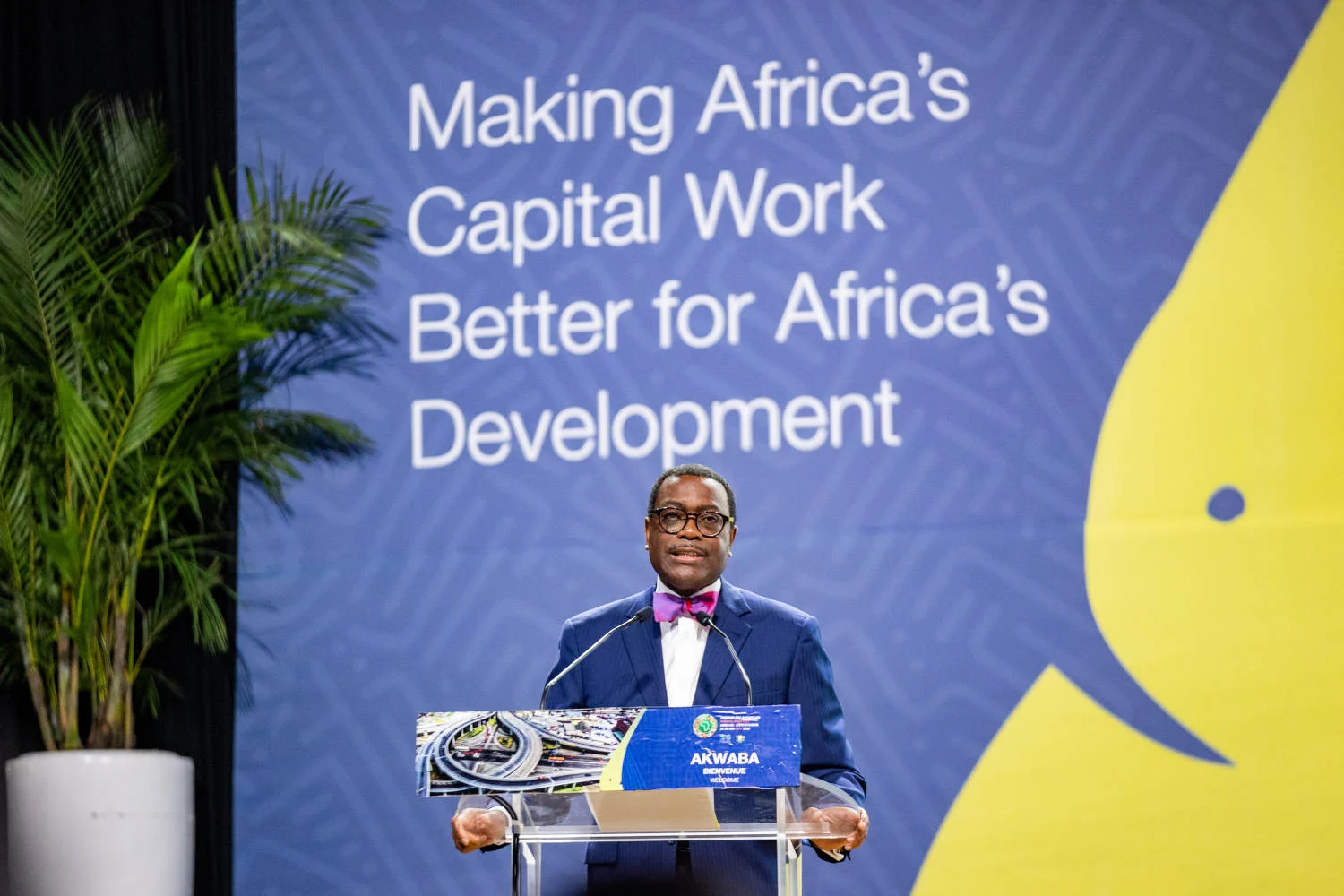Africa set to elect new AfDB president as Adesina era ends

Africa’s top development institution is on the brink of a leadership shift as five candidates vie to succeed Akinwumi Adesina at the helm of the African Development Bank (AfDB).
The election, taking place Thursday, will determine who becomes the continent’s next “super banker,” in a race that observers say remains wide open.
Adesina, who became president in 2015 after six rounds of voting, is stepping down after a decade marked by significant institutional growth.
Under his leadership, the AfDB’s capital tripled from $93 billion to $318 billion, and over 565 million people reportedly benefited from its development projects.
“I am proud of the legacy we are leaving behind for… my successor, for the bank, and for Africa,” Adesina said during his farewell speech on Tuesday.
“We have built a world-class financial institution that will continue to advance Africa’s position within a rapidly changing global development and geopolitical environment.”
Founded in 1964, the AfDB includes 81 member states—54 of them from Africa—and is headquartered in Abidjan, Ivory Coast.
The bank plays a pivotal role in funding infrastructure and economic development across the continent through a mix of subscriptions, market-raised funds, and loan repayments.
The five candidates for the presidency include Amadou Hott of Senegal and Sidi Ould Tah of Mauritania from West Africa; South Africa’s Bajabulile Swazi Tshabalala and Zambia’s Samuel Munzele Maimbo from Southern Africa; and Abbas Mahamat Tolli of Chad, representing Central Africa, which has never held the presidency.
All contenders have pledged to build on Adesina’s signature “High 5” priorities: Light Up and Power Africa, Feed Africa, Industrialise Africa, Integrate Africa, and Improve the Quality of Life for the People of Africa.
Among Adesina’s highlighted achievements are the Gabal El Asfar wastewater plant in Egypt, the construction of the bridge between Senegal and The Gambia, port expansion in Togo, and electrification efforts in Kenya.
The incoming president will face a turbulent global financial climate, exacerbated by recent policy announcements from the United States, including a possible $500 million funding cut to AfDB projects targeting low-income nations.
Thursday’s vote, held at the Hotel Ivoire in Abidjan, requires a double majority: both a majority of all member countries and a majority of African nations must back the winning candidate.
The influence of heavyweight shareholders—particularly Nigeria, Egypt, Algeria, South Africa, and Morocco—will be decisive, as will support from the largest non-African donors, including the United States and Japan.
If no candidate achieves the necessary threshold in the first round, the lowest-scoring contender will be eliminated in successive rounds until a winner emerges.
Behind closed doors, alliance-building and strategic negotiations are already underway, as Africa’s development future once again hangs in the balance.
Source: Yen
About The Author
dailymailafric
I am an avid African news observer, and an active member of Daily Mail Africa.
I’m Passionate about staying informed on diverse topics across the continent,
I actively contribute to publishing on political, economic and cultural developments in Africa.



